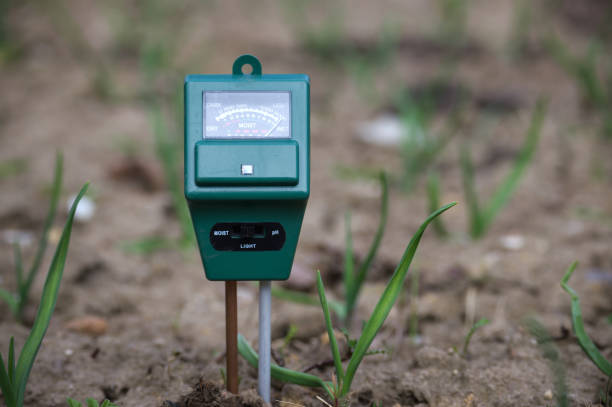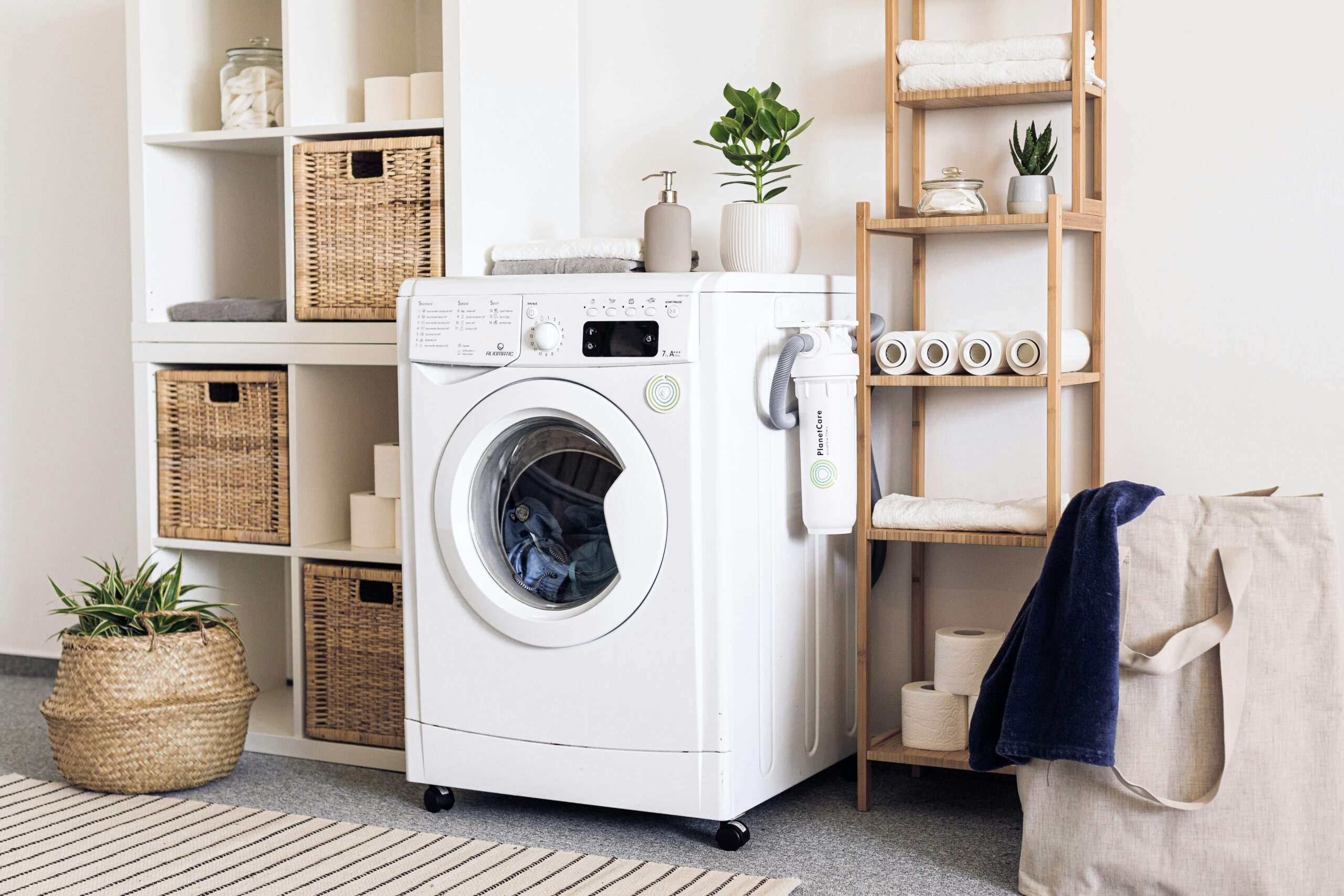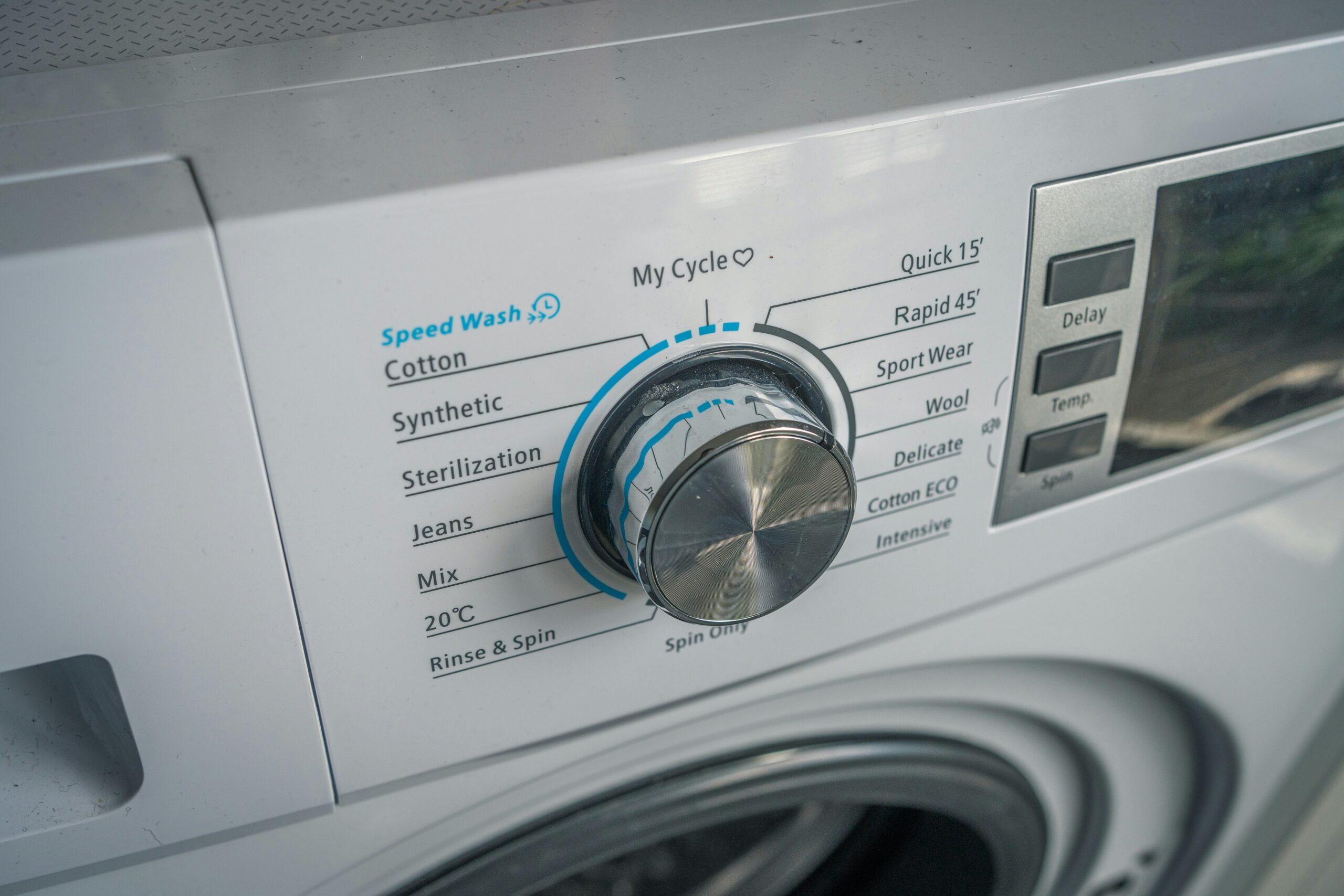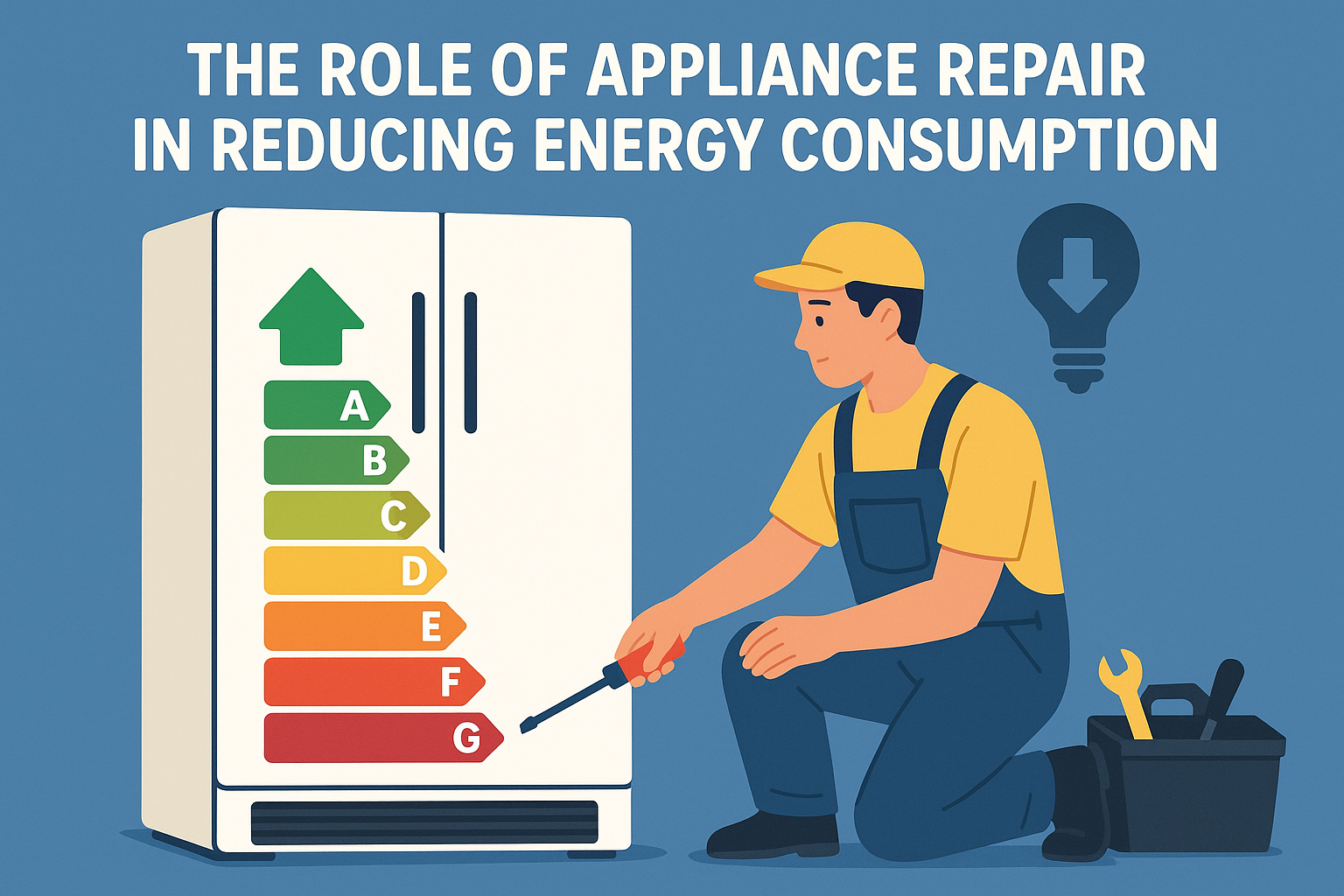Today home appliances are very different from how they used to be. They keep on changing with every new technology introduced. Just like moisture sensors became a part of appliances and helped them with efficiency and performance. These moisture detectors are quite small, but it is the small ones that turn out to be the most important. This tiny par works very hard to keep your dishes sparkling clean, perfectly drying your clothes, and keeping the food fresh. But it is not only their job to help us out, it is also important for us to keep a check on them and test them. Because at the end of the day, these moisture sensors will change the way you maintain your house appliances! So, let’s get to know them!
The Moisture Sensors
The moisture detectors are an amazing combination of engineering and practical home technology. It is not like the simple on-off switches, rather they are quite advanced and use electrical mechanisms to detect the exact moisture levels and help your appliances adapt to their cycles in real time. They can sense and respond to the moisture content. To everyone’s surprise, this small part is almost equivalent to an intelligent appliance assistant. It can easily make split-second decisions to make the appliance’s performance better!
Related: What Tools Can Help You Fix General Troubleshooting Issues in Appliances?
The Moisture Sensor Fundamentals
To get to know their basics, moisture detectors work with the help of very detailed electrical conductivity principles. So, when the moisture is there, these sensors change the electrical resistance, and send the signals that trigger specific appliance responses. This moisture sensor technology helps your dryer to stop when the clothes are dry, your dishwasher to complete the rinse cycle on time, and your refrigerator to maintain the right humidity levels.
Dryer Moisture Sensors
You will always find a moisture detector in a dryer, if not anywhere else. As much as it helps your dryer get that perfectly dried clothes, there are some problems that these moisture sensors might face. If there is a lint collection, fabric softener marks, and continuous temperature fluctuations then it might make things difficult for the small delicate moisture sensor.
Warning Signs of Dryer Sensor Malfunction
You need to keep a constant check and take care of the moisture detectors. To know, if your moisture sensors in the dryer have started to fail, you will see some unusual things. The clothes will start coming out somewhat damp, cycles will be unnecessarily long, and the machine will start to shut off earlier than usual. A lot of think about these signs as the machine gets old, but actually, these are clear indicators of a faulty moisture sensor.
Along with these, a struggling moisture sensor will end up in:
- Unnecessary long drying times
- Using a lot of electricity
- Exposing the delicate fabrics to too much heat
- Have uneven drying patterns across all different fabric types
Related: How to Avoid Common Hazards by Following Safety Warnings in Appliance Repairs
Dishwasher Moisture Sensors
Just like dryers, dishwasher moisture detectors also have a complicated environment. But, in dishwashers, these moisture sensors have to work with soap marks, mineral deposits, and constant temperature changes. Without them, the whole dishwasher system would not be as good as it is. The sensors help in controlling the water levels, and cycle duration, and keep a check on overall cleaning efficiency.
Get to Know the Dishwasher Sensor Problems
You can easily identify that something is wrong with your dishwasher moisture sensor when there are some performance changes. They will be quite visible like water not draining properly, the cycles starting to run shorter or longer than you are expecting, or the dishes coming out with moisture on them. If you are living in an area where you get hard water then there would be more challenges with the sensors like mineral buildup. This creates additional problems.
The usual signs of dishwasher moisture sensor problems include:
- Inconsistent water drainage
- Unexpected cycle interruptions
- Dishes staying wet even after the cycle is completed
- Unusual water level fluctuations during washing
Refrigerator Moisture Sensors
Did you know that refrigerator moisture detectors are the most complicated application of this technology? In your refrigerator, these moisture sensors don’t simply detect moisture, but they also manage humidity levels, preserve the food quality and prevent potential mold growth.
The Refrigerator Moisture Detectors Challenges
A malfunctioning refrigerator moisture detector can impact your fridge’s food preservation feature a lot. You might notice that there is excessive condensation, unexpected frost formation, and inconsistent cooling zones. These moisture sensors are continuously working so their failure would be more gradual and subtle compared to other appliances.
The common warning signs include:
- Unexpected moisture inside the refrigerator
- Rapid food spoilage
- Inconsistent temperature across different compartments
- Frost buildup in unexpected areas
Maintenance Tips
You would need to do more than just a simple cleaning to make sure that your moisture detectors are working properly. Along with them, make sure that the methods you are using are suited for the appliance’s interiors. So, even if there is a regular or gentle cleaning, the moisture sensor would stay good for a long time according to the manufacturer’s guidelines.
Related: What Causes Wi-Fi Communication Issues in Smart Appliances?
Cleaning Recommendations
- Use soft, lint-free cloths
- Apply manufacturer-approved cleaning solutions
- Avoid abrasive materials
- Make sure to do a thorough but gentle cleaning
- Follow the specific manufacturer guidelines that are given for each appliance type
Take the Professional Help
If these moisture sensors malfunction, you can do an easy DIY repair at home. But some sensors definitely need professional interference. If there are any electrical inconsistencies, continuous performance problems, or visible physical damage then you should choose to call a professional rather than doing a DIY repair. The professional repair might burn a hole in your pocket but it would be better in the long run for you and your appliance.
Related: Why Regular Cleaning Matters: How Often to Clean Your Dishwasher Filter
Conclusion
The moisture sensors are a lot more than technological advancements – they are the guardians of your home appliances! To make sure that they are working properly, you need to understand their function, recognise the potential issues, and do maintenance strategies that actually help them. Simply by doing these things, you can make sure that your appliance’s moisture sensors are giving their best performance, energy efficiency, and long life. If something goes wrong with your moisture detector, you can do a DIY repair if you are confident. If not, don’t think about it too much, rather just call a professional from Tech Angels and rest assured.






